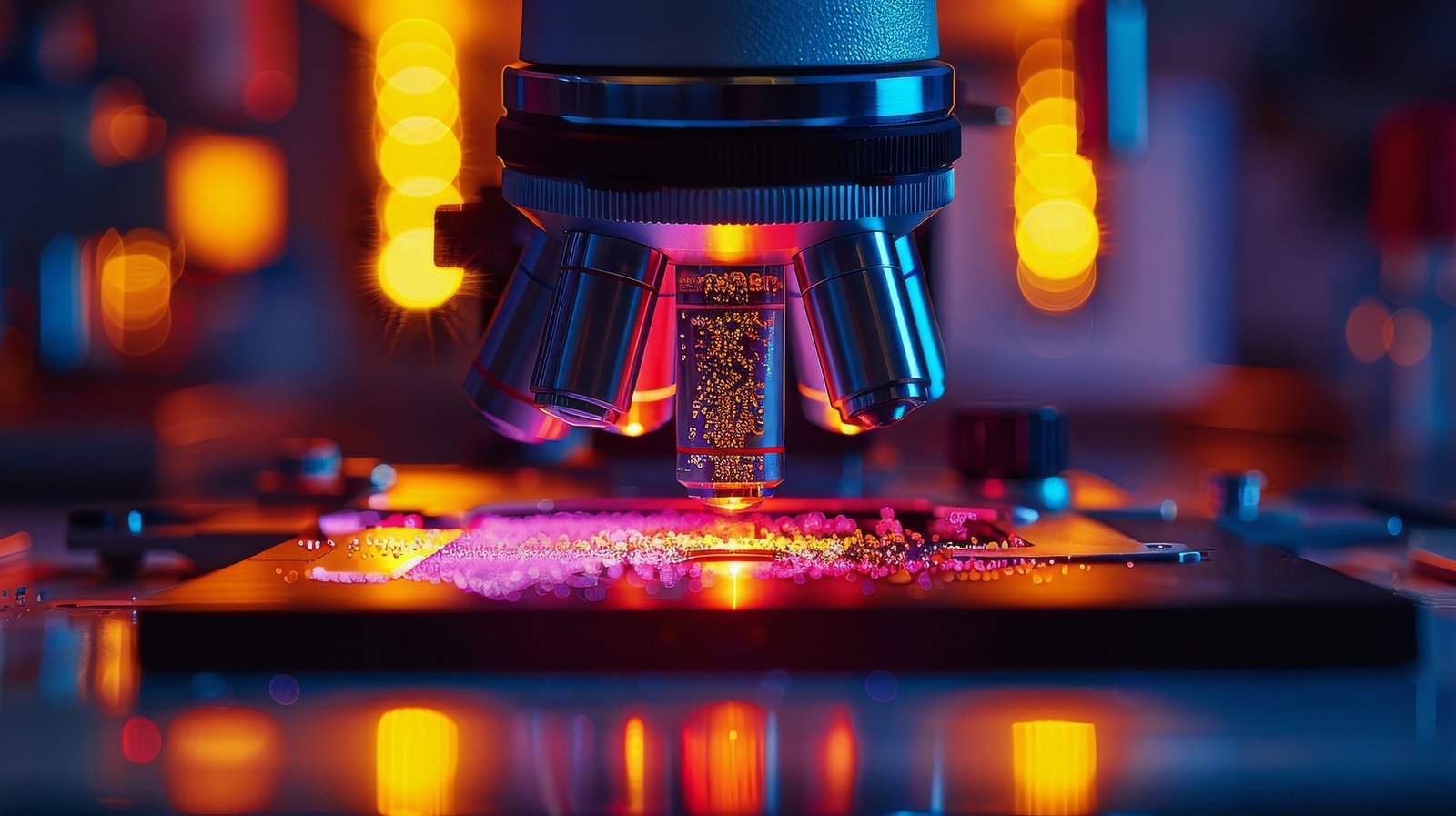An SEM User’s Guide to Energy Dispersive Spectroscopy (EDS)
1. An overview of EDS
What is EDS?
The standard method for figuring out the elemental content and makeup of materials under a scanning electron microscope (SEM) is called energy dispersive X-ray spectroscopy, or EDXS. The technique is more frequently known as Energy Dispersive Spectroscopy (EDS), however EDXS is virtually invariably abbreviated.
It offers details regarding a sample’s elemental composition.
How Does EDS Operate?
Typical X-rays are released from the material when an electron beam interacts with it.
To identify and quantify the elements present, EDS detectors measure these X-rays.
2. Hardware and Components for EDS
Configuration of the SEM-EDS System:
- SEMs are equipped with EDS detectors.
Important elements consist of:
- X-ray detector: Catches radiation that is released.
- pulse processor: Transforms X-ray pulses into energy spectra.
- Software: Determines elements by analyzing spectra.
3. Steps for Elemental Analysis
1.Preparing the Sample:
- Samples have to be conductive or covered in a thin coating of conductivity.
- Steer clear of pollution.
2. Acquisition:
- Choose your interest regions (ROIs)
- Get EDS spectra out of these ROIs.
3. Spectral Analysis
- Determine which peaks in a spectrum correspond to which elements.
- Calculate concentrations of elements.
4. Mapping
Produce elemental maps that illustrate the distribution of data in space.
4. Common Uses for EDS
Material Characterization:
- Ascertain the composition of polymers, minerals, alloys, and ceramics.
- Determine any stages or contaminants.
Failure Analysis:
- Examine broken surfaces, corroded items, or electronic parts for failure analysis.
- Identify the underlying causes of errors.
Geological Studies
- Determine the mineral content of rock samples by analysis.
- Examine the processes of geology.
5. Guidelines for EDS Analysis That Works
- Calibration: Using recognized standards, calibrate the EDS system on a regular basis.
- Background Subtraction: Clear the spectra of any background interference.
- Quantification: Apply established standards or standard-free techniques.
At MTS India, we bring cutting-edge SEM/EDS analysis services to empower industries with precise insights into material composition and properties. Our state-of-the-art equipment and expert analysts ensure accurate results for diverse applications.








